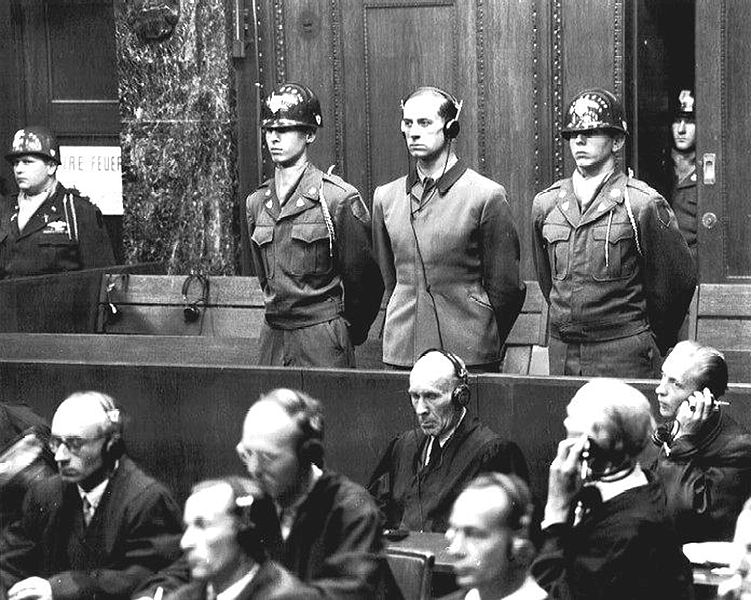The Nuremberg Code: The Universal Right of Informed Consent to Medical Interventions has been Recognized in US Law Since at least 1914
The 1947 Nuremberg Code is the most important legal document in the history of medical research ethics. It established 10 foundational principles of ethical clinical research. The first and foremost principle is unequivocal: “The voluntary consent of the human subject is absolutely essential”. It prohibits research to be conducted on human beings without the informed consent of the individual. The Nuremberg Code was formulated by prominent US government jurists in consultation with prominent US medical consultants. The Nuremberg Code provides legal justification to litigate violations of informed consent. Under the Nuremberg Code, responsibility for violations of informed consent rests upon individual doctors, government officials – and their aiders and abettors – each of who can be prosecuted for crimes against humanity.




